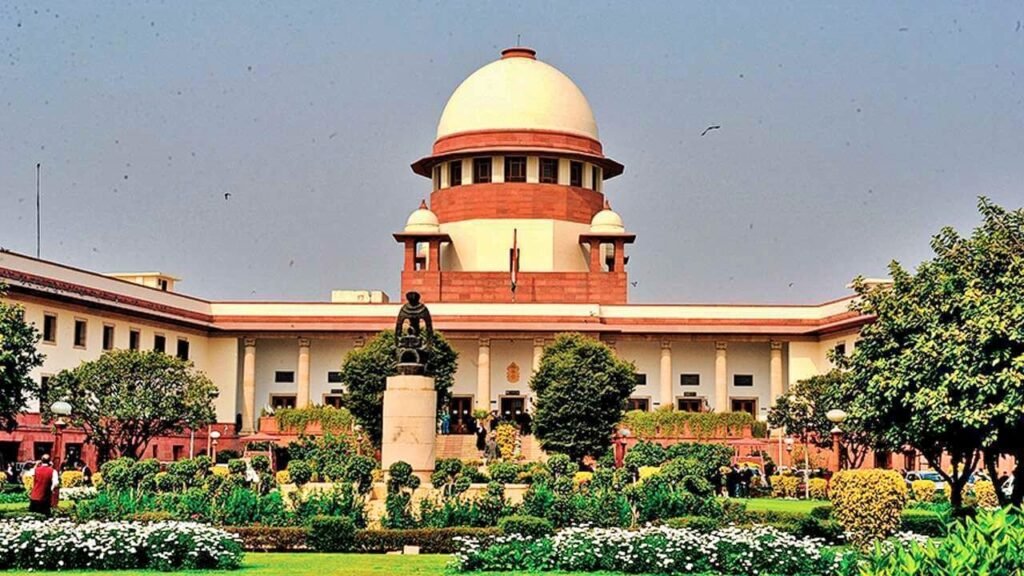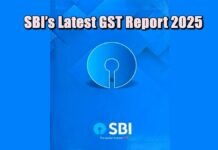
New Delhi: The State Bank of India (SBI), the sole issuer of electoral bonds in the country, has approached the Supreme Court with a plea to extend the deadline for disclosing the details of the donors and recipients of the controversial scheme. The bank claimed that it needs more time to decode, compile and compare the data, which is stored in two separate silos with high-security measures.
Electoral bonds are interest-free bearer instruments that allow individuals and entities to anonymously donate money to political parties. They were introduced by the government in 2017 as a way to curb black money in politics and bring transparency to political funding. However, the scheme has been challenged by several petitioners, including NGOs, activists, and opposition parties, who allege that it violates the constitutional rights of citizens and enables corruption and crony capitalism.
On February 15, 2024, a five-judge constitution bench of the Supreme Court, headed by Chief Justice of India DY Chandrachud, delivered a landmark judgment, striking down the electoral bond scheme as unconstitutional. The court held that the scheme infringes on the right to freedom of speech and expression and the right to information of the voters, who have a right to know the source and destination of political funding. The court also observed that the scheme undermines the principle of free and fair elections and the autonomy of the Election Commission of India (ECI).
The court further directed the SBI to stop issuing any more electoral bonds and to submit the details of all the electoral bonds purchased and encashed by the political parties since its interim order of April 12, 2019, to the ECI by March 6, 2024. The court also ordered the ECI to publish the information shared by the SBI on its official website by March 13, 2024. The court said that the disclosure of the information is necessary to ensure accountability and transparency in the political process.
According to the SBI, it has sold 22,217 electoral bonds worth Rs 6,128.72 crore from April 2019 till the date of the judgment in 2024. The bank said that it has to decode the data from two different systems – one for the sale of the bonds and another for the encashment of the bonds by the political parties. The bank said that the data is encrypted and protected by a stringent standard operating procedure (SoP) to safeguard the confidentiality of the donors and the parties. The bank said that it would take at least four months to complete the process of decoding, compiling, and comparing the data and requested the court to grant it an extension till June 30, 2024.

The plea of the SBI is likely to be heard by the Supreme Court soon. The petitioners, who have opposed the scheme, have expressed their disappointment over the delay in the implementation of the court’s order. They have also raised questions over the credibility and security of the data maintained by the SBI. They have demanded that the court should monitor the compliance of its order and ensure that the public gets to know the truth about the electoral bond scheme.






















































